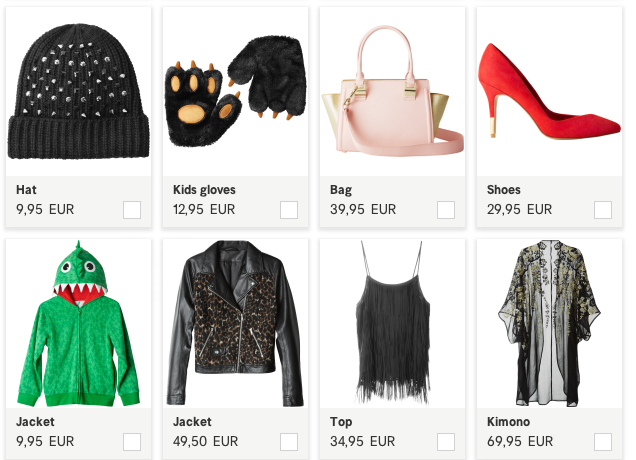H&M Plans To Pay Textile Workers “Fair Living Wage” By 2018
 Amidst growing public concern over potential exploitation of overseas garment factory workers, the world’s second-largest clothing retailer, Sweden-based H&M, has announced what it believes is a roadmap toward paying a “fair living wage” by 2018 to approximately 850,000 of the textile workers who make its products.
Amidst growing public concern over potential exploitation of overseas garment factory workers, the world’s second-largest clothing retailer, Sweden-based H&M, has announced what it believes is a roadmap toward paying a “fair living wage” by 2018 to approximately 850,000 of the textile workers who make its products.
“We believe that the wage development in production countries, which is often driven by governments, is taking too long,” said the company in a statement released this morning.
The roadmap [PDF] lays out a 4-pronged approach to the issue.
First, H&M says it will work with factory owners and operators “to develop pay structures that enables a fair living wage, ensure correct compensation and overtime within legal limits.”
The company will test this plan in three factories — one in Cambodia and two in Bangladesh — starting next year, with the goal of expanding this program over the next few years to the retailer’s “strategic suppliers,” a group totaling 750 factories that makes around 60% of the goods sold at H&M.
On the purchasing end, H&M says it will reconsider the price it pays to factories to ensure that these suppliers will then be able to pay its workers a proper wage. It will also try to reduce production spikes with the goal of keeping the work steady, rather than requiring workers to put in mountains of overtime to meet deadlines.
For the hundreds of thousands of workers at these plants, H&M wants workers to have access to vocational training and other education that will expand employees’ skill sets. The retailer also wants to build a bridge between workers in Cambodia and trade union members in Sweden with the goal of increasing employees’ ability for collective bargaining. H&M ultimately wants these suppliers to pay Wages that are annually negotiated and reviewed by democratically elected trade unions or worker representatives.
Finally, H&M says it will push governments in countries where it has suppliers to set a legal minimum wage.
“We don’t see that our roadmap on the fair living wage will have a negative impact on the price of our products,” says the company. “It is an investment in our customer offering and will benefit H&M long term. Wages are only one of several factors influencing the sourcing costs and prices in our stores.”
Want more consumer news? Visit our parent organization, Consumer Reports, for the latest on scams, recalls, and other consumer issues.

